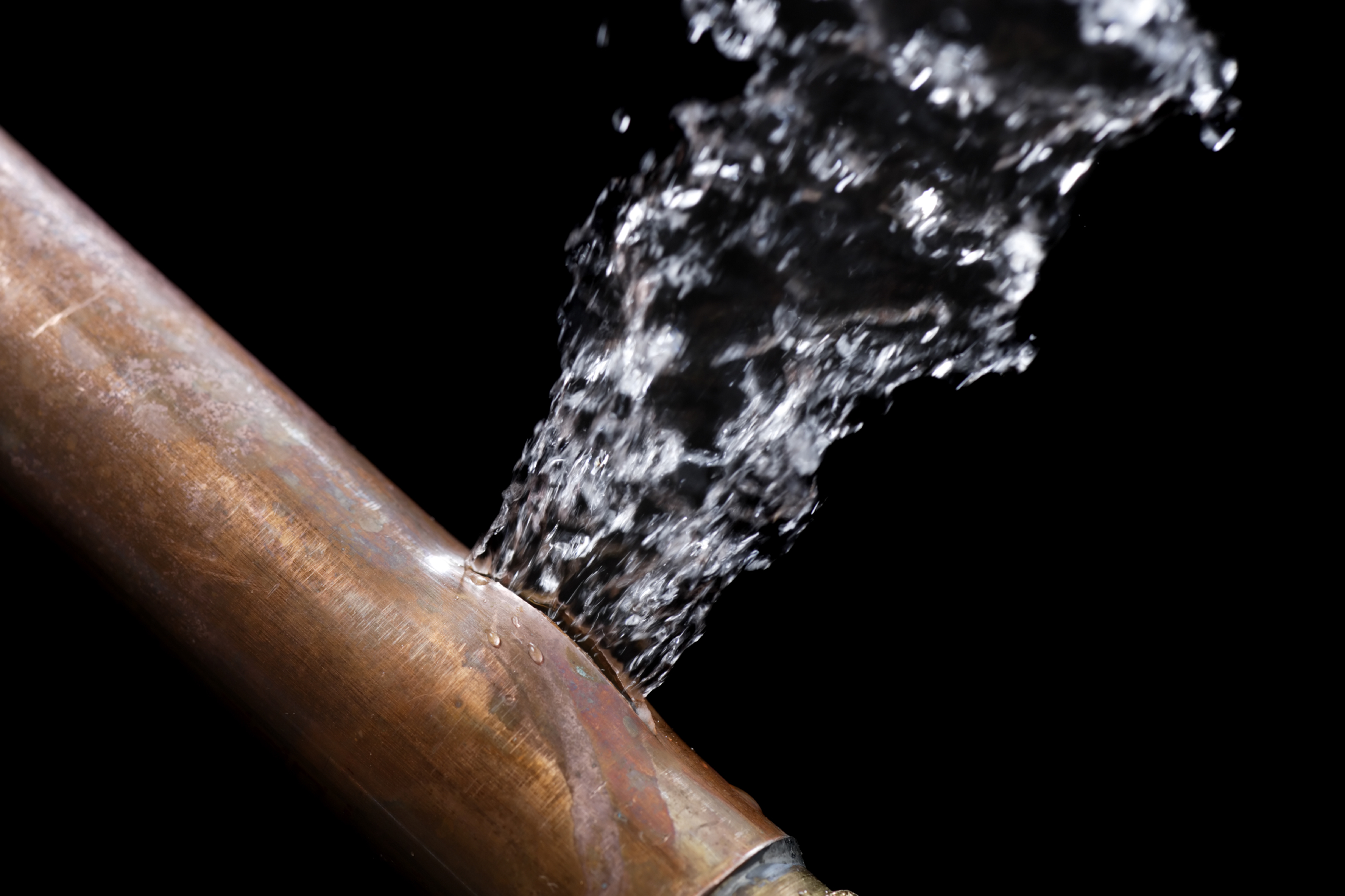How to avoid frozen and burst pipes this winter
So the weather has taken a nosedive and we’re being subjected to gales, rain and snow. Not only are we under attack as we go about our daily business, but our pipes are in danger of freezing as the cold weather well and truly takes hold.

We can’t control the weather but we can take preventative measures to protect our homes from the chaos of frozen and burst pipes.
Water.org.uk suggests the following:
- Insulate water tanks and lag pipes (lagging material is available from all good DIY stores). Make sure there are no gaps at bends, valves or fittings.
- Pay special attention to water tanks and pipes in unheated areas like loft spaces and garages, and check insulation in any property likely to be unoccupied for long periods.
- Fix dripping taps – even a small trickle can result in a frozen pipe.
- Find your property’s internal stopcock or valve and make sure you can turn it off if necessary. Most stopcocks are fitted under the kitchen sink and close by turning clockwise.
- Check your boiler has been serviced.
- Minimise draughts from outside and close doors and windows to unheated parts of the property.
- If you have tanks or pipes in the roof space, open the loft hatch to allow warm air to circulate.
- Leave the heating on low when you are away and get a friend or neighbour to check the property regularly.
- Keep a separate supply of drinking water for emergencies.
- If a property is going to be unoccupied for long periods, turn off the water at the stopcock and consider draining down the system so there is no water left in the pipes.
In addition, Homeserve.com also suggests:
- Most modern boilers have a frost protection thermostat which turns on automatically if the temperature drops to a level that will cause your pipes to freeze. Check that this is working properly.
- You may find it helpful to label the stopcock, so you can easily locate it if you’re in a panic.
- Make sure to re-washer any dripping taps; if they freeze, they’ll block your pipes.
So what do you do if the worst happens and your pipes freeze?
Water.org.uk suggests the following:
- Turn off the water supply at the stopcock.
- Check to see if the pipe has burst.
- Slowly thaw the pipe with hot water bottles or a towel soaked in hot water, starting at the end nearest the tap.
- You can also use a hair-dryer (lowest setting) but NOT a naked flame or blowlamp.
They also advise that you ‘don’t leave taps dripping or running as the water may not drain down the plughole if the pipe below is frozen.’
And if the pipe bursts:
- Turn off the water supply at the stopcock.
- Open all taps to reduce flooding.
- Soak up/block off escaping water with thick towels.
- Call a qualified plumber.
- Turn off taps once pipework is repaired to avoid further flooding.
For more seasonal tips and advice, take a look at our 5 Money saving winter heating tips and How to fix common central heating problems.

Leave a Reply